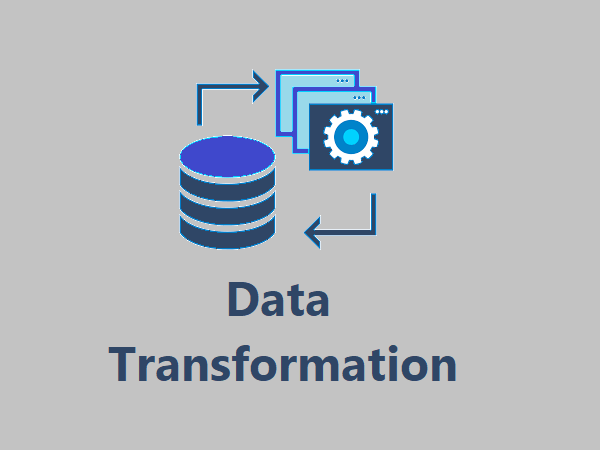One of the most important disciplines today is data science because it is the turning point in decision-making for various industries. Innovation in technology and methodology is ongoing, so staying informed about the ground breaking developments in this field is essential. This article looks into some of the exciting changes that occur in data science, such as the introduction of quantum computing, big data analytics, and the need for the right education.
The data science data market is currently seeing a boom. As per Glassdoor, the current data scientist’s salary in the US is $158,218 per annum, and we can expect it to increase only in the year 2025. Let’s read about some of the major data science trends shaping the future.
The Growing Influence of Quantum Computing
One can consider the development of quantum computing to be one of the greatest trend in data science today. Traditional computers use a conventional unit of information known as a bit or, specifically, a classical bit. These bits convey measurements of information solely as zeros or ones. Rather, quantum bits or qubits, which are the building blocks of quantum computers, employ the properties of superposition and entanglement that allow them to exist in more than one orthogonal state at any given time. This redefines the architecture of a computer based on quantum mechanics, enabling it to perform complex computations faster than a conventional machine.
The Rise of Big Data Analytics
A large amount of data generated from a variety of sources, such as social networks, IoT, and transactional systems, has led to the term Big Data. Companies are beginning to understand how useful this enormous amount of information can be as they seek to make data-driven business strategies.
Analytics practice, which is focused on Big Data, entails the use of advanced practices and techniques with the aim of studying, representing, and making meaning out of huge volumes of information. Also, Big Data analytics is enabled by technologies such as Apache Hadoop and Spark, which make use of distributed systems for processing large volumes of data and real-time analysis of that data for insights. These days, it is the task of data scientists or management analysts to not only work with such Big Data technologies but also be proficient in visual analytic tools such as Tableau and PowerBI, which are used for the presentation of intricate outcomes and analysis.
The Importance of Machine Learning and AI
When it comes to data science, machine learning and artificial intelligence remain two of the core components. Their capability of learning from available data and improving as time goes on is changing the face of industries, even the sensitive ones such as healthcare and finance. In order for them to become successful data scientists, practitioners must be able to use machine learning techniques, which are supervised and unsupervised learning, deep learning, and natural language processing.
Data Science Courses and Continuous Learning
The increasing pace of technology is causing an upsurge in the need for a data scientist. Organizations are looking for people who not only have knowledge of quantitative or programming skills but are also able to incorporate the ever-changing environment.
Organizations are meeting this requirement, and education institutions and online platforms are introducing data science courses. Such exciting programs with an in-depth focus on AI and machine learning, Big Data, and quantum computing are on the rise. Top institutes like USDSI®, the University of Michigan, and Stanford University provide the best data science courses and help individuals interested in improving their or changing data science skills in any of the particular fields.
Additionally, practical application of these theories has been virtually absent from the program. This adds a new dimension to their understanding of the subject as they face real-life situations through working on projects. This hands-on experience is crucial to shaping the data scientists of tomorrow as per the current and even future demands of the industry.
The Future of Data Science
Moving forward, the data science discipline is expected to enjoy increased collaboration owing to the growth of data science teams. It is likely that various external professionals, such as subject matter experts, business analysts, or IT specialists, might also play a crucial role in addressing the intricacies of the field.
The integration of fields like data science and biomedical sciences greatly boosts creative solutions for tackling global challenges. For instance, the healthcare industry has adopted precision medicine, a big-data approach, while environmental science applies analytics to promote sustainable development.
Regular people engaging with data is also facilitated by the accessibility of data science solutions thanks to the rise of certain democratizing trends. Thanks to easily accessible interfaces, it is easy for many people in different industries to make use of analytical data without expertise in technology. The craze is creating a data-driven environment within companies that supports the quest for innovations and wise decision-making through all ranks within the hierarchy.
Conclusion
Like many other fields, it is expected that data science will continue to grow with the advancement of technologies such as quantum computing and big data. On the other hand, with the acceptability of machine learning and AI, data scientists need to strive for ethical standards in all accepted activities. By accepting these shifts and acquiring the appropriate education, people in this area can prepare for future opportunities in data science. Including various areas of expertise and easing access to data-related tools will add further value to this profession and create opportunities for more productive resolutions to any issues that will arise.






